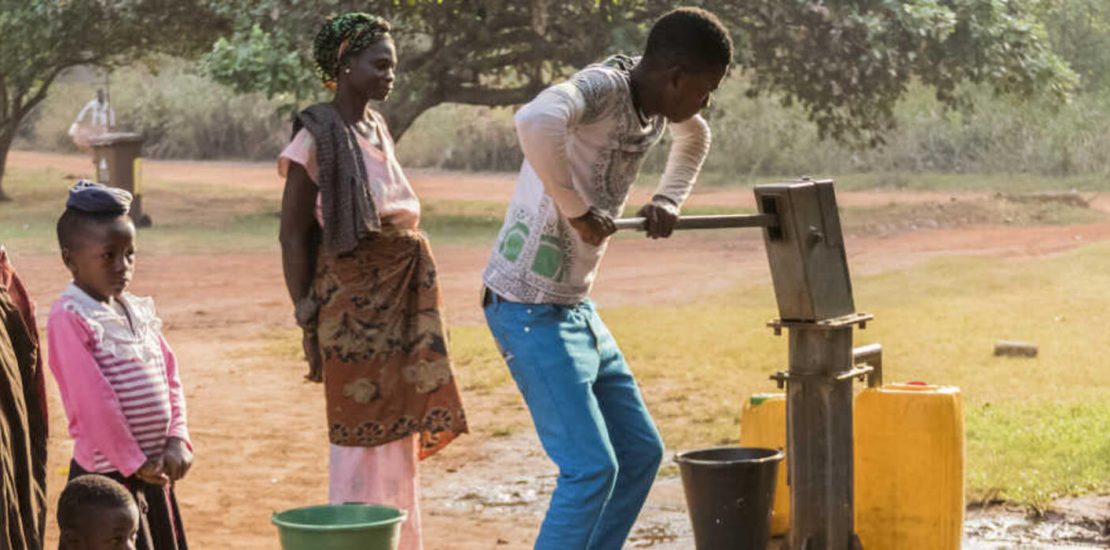First-time access to clean water for 20 million Africans proves crucial amid COVID-19
- July 30, 2020
- Posted by: Lyn Wilson
- Category: Corporate, Investment and Finance, Water Treatment, Africa

The African Development Bank (AFDB)has invested US$6.2 billion over the past decade towards promoting universal and equitable access to safe and affordable drinking water and adequate and equitable sanitation — one of the Sustainable Development Goals (SDG 6).
Access to safe water and sanitation is particularly important in this time of the COVID-19 pandemic, since the spread of the virus can be mitigated by good hygiene practices.
Due to AFDB projects approximately 20 million people in rural and urban areas of Africa from Mozambique to Morocco have gained access to clean drinking water for the first time.
The Bank’s Independent Development Evaluation (IDEV) unit conducted four evaluations related to the water sector. The evaluations summarize the evidence, findings and lessons learned for improving the Bank’s water sector interventions between 2005 and 2016.
More than 400 operations across the continent were covered with a total project cost of US$8.2 billion.
The evaluations in IDEV’s report are as follows:
- Three project cluster evaluations (water supply and sanitation in both rural and urban contexts, and agricultural water management)
- One water sector evaluation
Agricultural water management can also help African farmers to optimize production and reduce the pandemic’s negative impact on food security and nutrition.
In the report it was assessed that beneficiaries were vital to the success of the projects and that the extent and quality of collaboration with local stakeholders was crucial.
In Ghana, for instance, there was active participation by over 600,000 community members in the various project activities due to raising awareness and understanding the demand-driven approach.
The evaluation also identified some barriers to the success of a water sector intervention. For example, outcomes can be undermined by limited financing and performance of the sanitation and hygiene component or lack of appropriate assessment of critical water sector risks.
Largely, having a long-term view is paramount for determining the success of water interventions. These lessons can provide some quick responses to the ongoing COVID-19 and food security crisis, and accelerate longer-term transformation of Africa’s agriculture and health sector.
According to IDEV’s evaluation report, the Bank’s projects in agricultural water management played a role in reducing the drudgery of fetching water for domestic and agricultural use, and in increasing productivity and diversity of crops.
